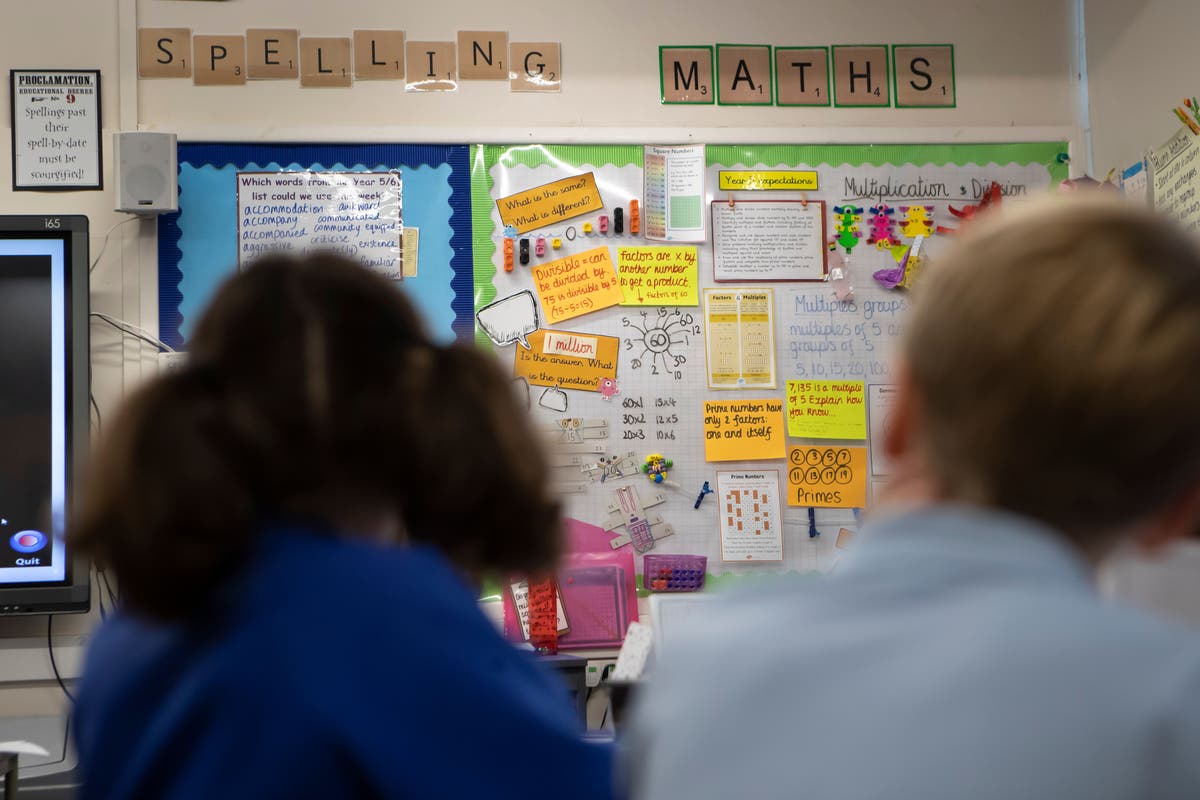Scottish ministers were advised closing schools would not slow the transmission of Covid-19 “to a great extent” just days before the decision was made, an inquiry has heard.
The decision was taken to close schools on March 20 2020, with then education secretary and deputy first minister John Swinney announcing the measure the previous day.
But in a paper submitted to the cabinet on March 17, advisers said there would be no great effect caused to the transmission of the virus, and it could in fact cause greater risk to older people seeing their grandchildren.
“Very active consideration was being given to the possible closure of schools and other educational establishments, but the evidence was not yet clear,” the paper said.
“The epidemiological evidence did not suggest that this measure would slow the transmission of Covid-19 down to a great extent (and might in fact cause some additional infections – for example by increasing children’s exposure to grandparents over 70).”
The paper continued that keeping schools open could put children with certain medical conditions – such as asthma – at risk, while some schools may be forced to close regardless if parents decided to keep pupils at home or teachers fell ill from the virus, both of which Mr Swinney said had begun to happen.
Giving evidence to the UK Covid-19 Inquiry on Tuesday, Mr Swinney said events were moving “at an absolutely ferocious pace” in the early days of the pandemic, something reflected in the paper, which said: “The debate on school opening was ongoing, and it seemed likely that the balance of evidence would change – possibly over the coming days.”
On the evening of March 17 2020, Mr Swinney said education officials had spoken to the UK Government and other devolved administrations, telling him they “thought it likely” that the Scientific Advisory Group for Emergencies (Sage) would advise closure, reversing its position from earlier that month.


